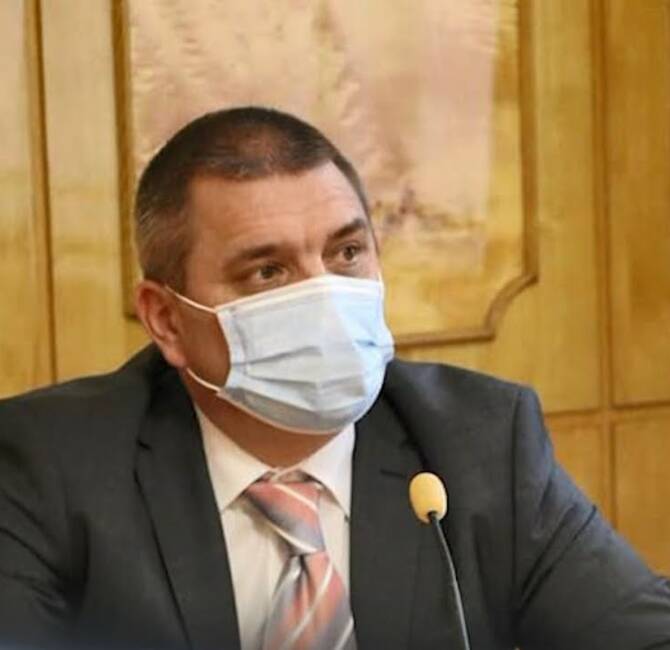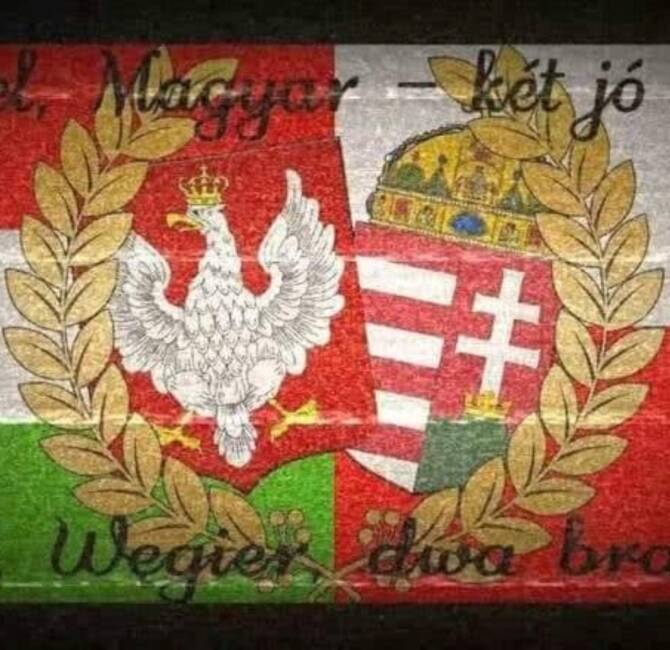This article was published online by the Magyar Nemzet on 2 February 2022.
The editorial office of the daily newspaper Magyar Nemzet received an unusually large folder of newsworthy documents from an unknown e-mail address. Among others, the documents – which our newspaper started processing – contain a several-hour-long Skype interview with Andrej Nosko who was a director of the Open Society Foundations financed by George Soros. In the interview that was brought to our attention, Mr Nosko practically admitted that there was an unfair and biased campaign against Hungary and Poland.
From among the materials that came into Magyar Nemzet’s possession, one of the most interesting documents is an interview conducted in English with Andrej Nosko by a person our newspaper was unable to identify. Until 2018, Mr Nosko, who obtained a PhD in political science from the Central European University (CEU), worked as a director of the Open Society Foundations (OSF), and later as head of division. In that capacity, at the European division of the Open Society Initiative he oversaw the distribution of one third of the scholarships awarded to think tanks. He was in charge of a staff of ten, and had an annual budget of USD 10 million at his disposal. At present, Mr Nosko is the European director of PILnet in Budapest.
But let’s begin by highlighting a few interesting details of the above-mentioned interview.
When Andrej Nosko’s interviewer wanted to find out why several Eastern and Central European countries, including Hungary and Poland, are in the centre of the international media’s attention, the former director of OSF sponsored by George Soros said reports on these countries depict a distorted image. ‘I believe that connecting together the affairs of Hungary and Poland is unfair in itself. The two countries have their own problems – as do the other states of the region – but they’re all different. If we take Poland and Hungary, for instance, we’ll find completely different leadership styles and economic structures, and the relationships between government and civil society are different, too,’ he said.
According to Mr Nosko, the fact that these states are lumped together in the same category and the reports written about them receive special attention is connected to the development that lately standards in the European media have fallen to an all-time low.
‘To put the problem into perspective, today mainstream media outlets have far fewer foreign correspondents, and they additionally report on the affairs of multiple countries. This in turn results in intellectual laziness in the mainstream media which has also played a prominent role in the development of the phenomenon described earlier. As a result, it is very easy to criticise Poland and Hungary without citing actual arguments, Mr Nosko stated. In other words, he added, these reports are biased.
He then recalled that when he worked for the Foundation and foreign correspondents asked them whether they could recommend anyone they could talk to, the persons contacted – each showing some degree of bias – typically recommended their own colleagues; meaning persons whose convictions were similar to theirs. ‘On a number of occasions, I myself hired one journalist or another to promote the materials of awarded think tanks. So, the playing field wasn’t exactly level,’ Mr Nosko said describing the situation, taking the view that it is relatively easy to misconstrue Hungarian affairs also on account of the language.
‘You see, not many foreign journalists speak Hungarian, and so they can’t speak to the man in the street, but neither can they read the local news. I say this based on my own experiences as I knew several foreign correspondents who could neither speak nor read Hungarian. Therefore, most of them can only rely on secondary sources. These secondary sources depict a rather distorted image, among others, of the legitimacy of the Hungarian government,’ the former director of OSF said in the interview. According to Mr Nosko, they typically fail to mention that the Hungarian cabinet is actually very popular in large segments of society. Instead, they report that the government maintains its power by restricting people’s freedom, the former head of the Open Society Foundation stressed.
In the interview in question, Mr Nosko practically admitted that foreign correspondents depict a completely distorted, untrue image of Hungary and Poland. The documents sent to our newspaper are interesting especially in light of the fact that recently Spanish media have released reports about the coordinated attacks launched against the two countries by liberals. One report that caused quite a stir referred to the private conversations of former Spanish Member of the European Parliament Carolina Punset. Earlier, the politician as an MEP for the liberal Cuidadanos citizens’ party belonged to the liberal ALDE party family. This political formation later adopted the name ‘Renew Europe’ after Emmanuel Macron appeared on the scene, and the Hungarian party Momentum, too, is a member of this party group.
According to Punset, the real enemies of freedom of speech are not Hungary or Poland, but the Brussels advocates of political correctness. In a series of private conversations, the former MEP revealed that while Hungary and Poland are being continually condemned in Brussels, the most important threats to freedom of speech in Europe are ignored. In Punset’s view, if MEPs were to stand for a truly principled position regarding freedom of opinion, they should take action against violent attacks on journalists and teachers. Instead, liberal MEPs concentrate their attacks on countries like Hungary and Poland where freedom of opinion is protected from the shackles of political correctness.
According to the former director of the Soros Foundation,
- Mainstream media criticise Poland and Hungary without real arguments.
- They can’t clearly see the reasons for the popularity of the Hungarian government.
- One of the reasons for the distorted image depicted of Hungary is that standards in European media have lately fallen to an all-time low, and there are far fewer foreign correspondents than before.
It is a major problem that foreign correspondents are not familiar with the actual situation in Hungary because they don’t speak Hungarian, and tend to obtain their information from biased sources selected by others.




